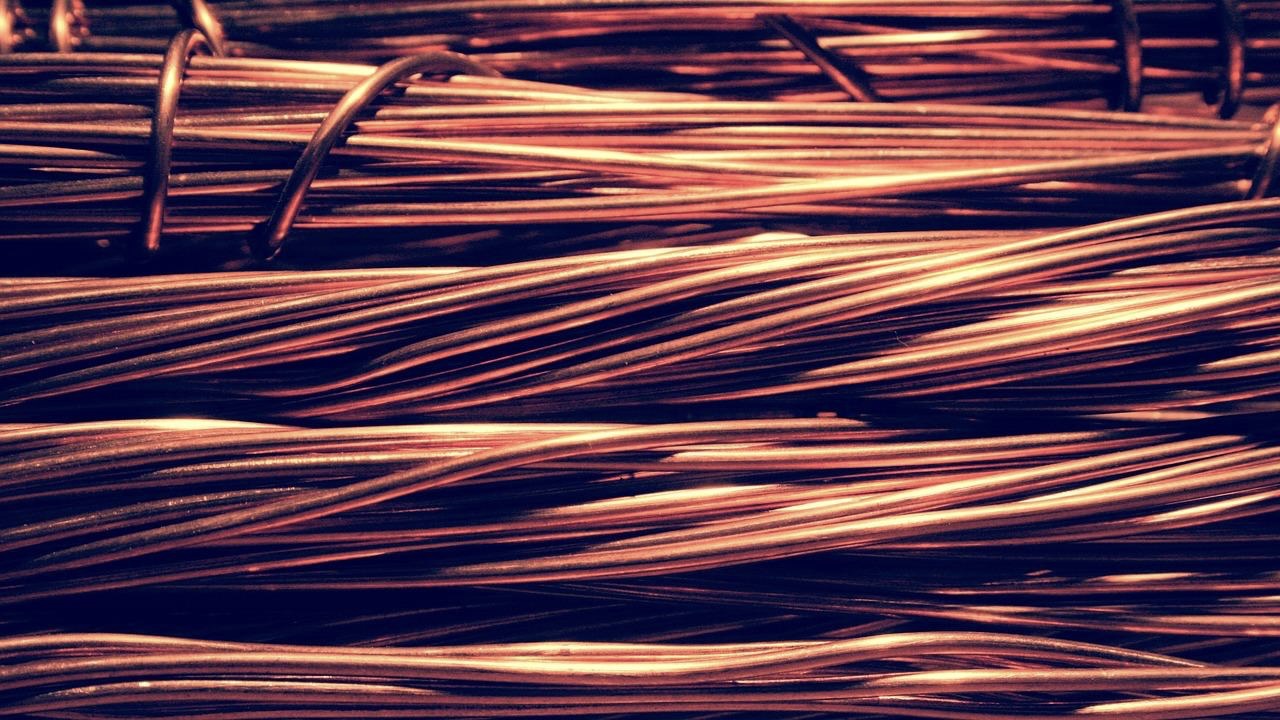
Copper is a versatile metal with a long history of use, dating back to prehistoric times. It continues to be essential in modern industry due to its unique properties and broad range of applications. Below is an overview of how copper is used and the main technologies involved in its processing.
Industrial Uses of Copper
Copper is a naturally occurring element that has played a crucial role in human civilization for thousands of years. Initially used for making tools, coins, and decorative items, copper’s applications have significantly expanded in modern times due to its desirable properties.
1. Construction: Copper is widely used in the construction industry for roofing, gutters, and decorative elements. Its resistance to corrosion and ability to withstand harsh atmospheric conditions make it an ideal material for these purposes. Additionally, the natural patina that forms on copper surfaces over time not only adds aesthetic value but also serves as a protective layer.
2. Electrical Wiring: One of the most critical uses of copper today is in electrical wiring and cables. Copper’s excellent electrical conductivity makes it indispensable in the transmission of electricity, whether in household wiring or large-scale power grids.
3. Plumbing: Copper is also commonly used in plumbing systems. Its resistance to corrosion and biofouling ensures that it remains durable over time, preventing leaks and contamination.
4. Healthcare and Hygiene: Copper has antimicrobial properties, which prevent the growth of bacteria and fungi. This makes it a valuable material in environments where hygiene is paramount, such as hospitals and food processing facilities.
5. Electronics: Beyond wiring, copper is used in various electronic components, including circuit boards and microchips, due to its excellent thermal and electrical conductivity.
Copper Processing Technologies
The processing of copper involves several methods, each suited to different end products and applications. These methods can broadly be categorized as follows:
1. Thermal Processing: This method, also known as heat treatment, involves altering the properties of copper through the application of heat. Processes like annealing, quenching, and tempering can adjust copper’s strength, ductility, and wear resistance. Thermal processing is essential in preparing copper for applications that require specific mechanical properties.
2. Mechanical Processing: Mechanical methods include turning, grinding, polishing, rolling, and broaching. These processes shape copper into various forms, such as rods, sheets, or finished components like pins and fittings. Mechanical processing is crucial for producing precision parts with exact dimensions and surface finishes.
3. Chemical Processing: Chemical methods involve using acids and other chemicals to clean, etch, or coat copper. This can be done for surface preparation before further processing or to achieve specific surface properties, such as increased corrosion resistance or improved bonding with other materials.
4. Modern Machining: Today, copper processing is often performed using advanced machinery that enhances precision and efficiency. These machines not only improve the quality of the finished products but also reduce processing time. High-quality equipment ensures that copper components meet stringent industry standards.
Conclusion
Copper remains a vital material across numerous industries due to its unique combination of properties, including electrical and thermal conductivity, corrosion resistance, and antimicrobial characteristics. The processing of copper has evolved with technology, making it possible to produce a wide range of copper products with high precision and efficiency. Whether in construction, electronics, or healthcare, copper continues to be an indispensable material, processed using various sophisticated methods to meet modern demands. Excellent solutions for copper processing are provided by Electrispower – a modern company, guarantees copper and aluminum components. You should definitely take a look at its offer and find the best solutions for you.
Interesting Related Article: “The Different Types of Metal Buildings: Choosing the Right Material for Your Needs“
